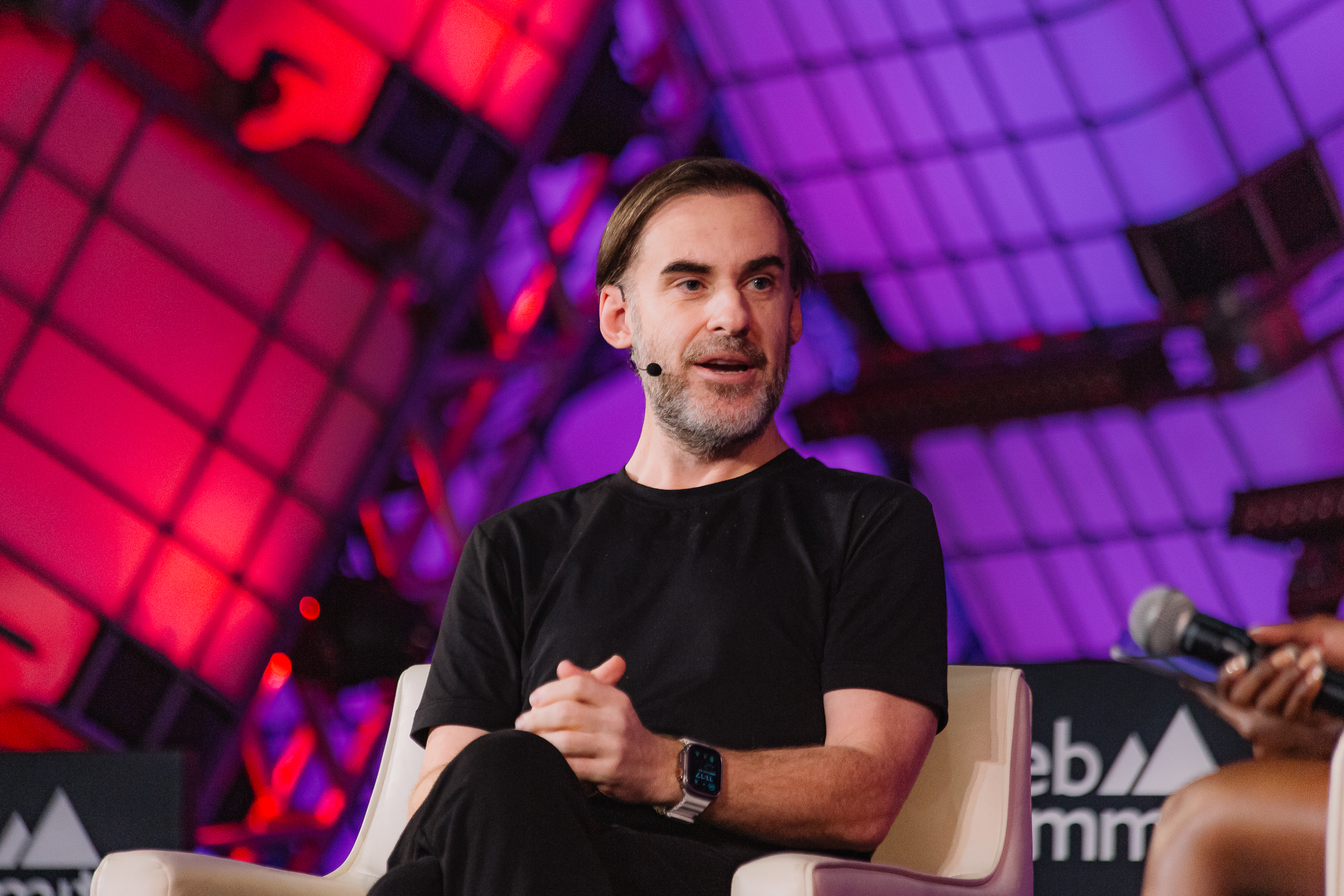
Here’s what you missed at Collision 2024
Take a look at some of the highlights from our last event in Toronto as we begin our new journey: Web Su...

“We continue to believe that Bitcoin is going to enable a whole class of opportunities for moving value around the world, which is simply not possible with traditional fiat rails.”
That is according to TBD CEO Mike Brock at Web Summit Rio, who today was asked about the role Bitcoin will play in the future of the decentralized financial world.
“But we also are very realistic in terms of realizing that there’s a lot of infrastructure that still needs to be built in order to allow Bitcoin’s use as an institutional grade asset,” Mike said.
According to the CEO, “what people in the Bitcoin space sometimes don’t appreciate is the lack of recourse in blockchain payments. Like, if you send money to the wrong wallet or you send money to a fraudster, and you don’t know who that person is, you have no potential legal recourse. There’s no way to recover that money that creates a lot of transaction risk with Bitcoin.”
Alongside Mike, TBD co-founder and COO Emily Chu spoke about the company’s partnerships: “The fact that we’re solving the very, very hard problems around identity and trust – that’s what’s attracting a lot of interest in our protocol. We’re solving real problems for real people. This is a whole era of bringing real utility to these technologies, and bringing them into the mainstream to serve the many people who have been left behind.”
Emily continued: “With Bankaya, they’re one of the leading neobanks in Mexico, they serve over a million, close to 2 million previously unbanked and underserved Mexican citizens, and with technologies like tbDEX, you can help with onboarding people that previously couldn’t be served.”
Speaking on Web Summit Rio’s MoneyConf stage, Pomelo co-founder and CEO Gaston Irigoyen said that Latin America’s payments market has “dramatically changed”, and called out Brazil as a trendsetter in the region.
The co-founder said: “In our previous experience, we had to invest about a year and a half to be able to launch a very simple prepaid card in just one market. So if you think about the most powerful companies – they had to spend between seven and 10 years just to be able to have a card launched and working in multiple markets, and we have dramatically changed that. Now, in a matter of weeks, you can be live in five or six markets, and it’s been a gamechanger.”
While noting that “Latin America still has to work a lot on the plumbing and the fundamentals of basic industries, not only financial services, education, health and so on,” Gaston said fintech companies such as Pomelo are thriving despite the challenges, and that Brazil is a key part of that success.
“Whatever happens in Brazil eventually gets to all the other markets, so by working in Brazil you are better positioned to be part of the innovation in all the other markets,” said Gaston.
“We’re part of a macro trend in Latin America which is going multi-rails. So what this means is that historically, in our economies we only transacted with cash, then about 40 years ago we started to have some electronic transactions through wires and card payments, and now we are living – especially in Brazil – a multi-rail present with real-time payments and pings. But in some other markets, you know, crypto payments and crypto money movement or blockchain-based money movement is also very relevant. So, Latin America is going to a future with many rails,” said Gaston.
Main image of TBD CEO Mike Brock backstage at Web Summit Rio 2024: Web Summit (CC BY 2.0)

Take a look at some of the highlights from our last event in Toronto as we begin our new journey: Web Su...

That’s a wrap for Web Summit Rio 2024. Meet you next year at Rio...